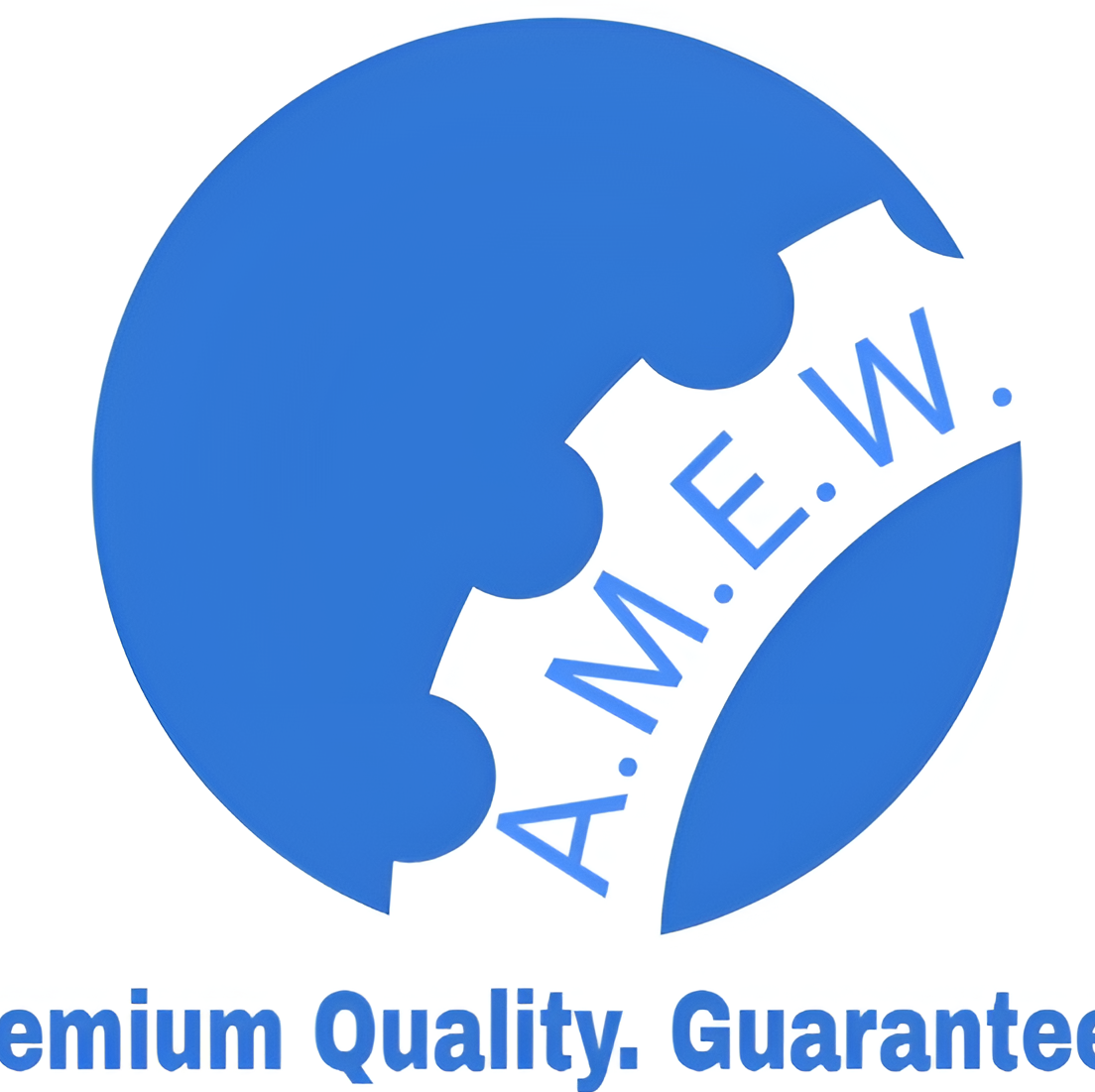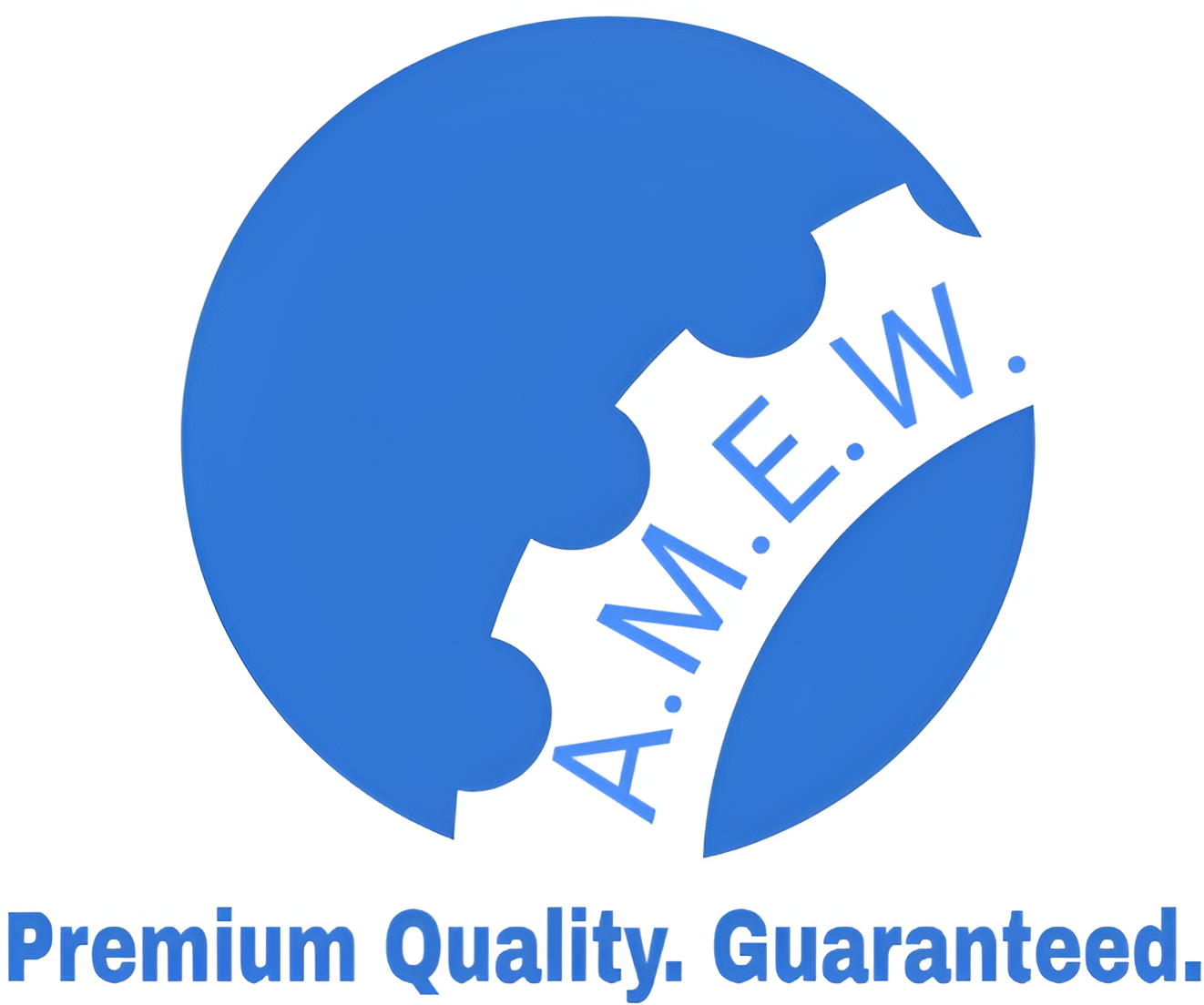Understanding Schedule 80 Steel Pipe
When it comes to industrial plumbing, engineering, or construction projects, choosing the right steel pipe is crucial. With so many options available, it can be daunting to determine which pipe meets your specific needs. Schedule 80 steel pipe is a popular choice for various applications, thanks to its robust strength, durability, and reliability. But is it the right choice for your project?
This guide will break down everything you need to know about Schedule 80 steel pipe, including its features, benefits, and applications. By the end, you will have a clear understanding of whether Schedule 80 steel pipe is the solution for your needs.
What Is Schedule 80 Steel Pipe?
Schedule 80 steel pipe is a classification of pipe thickness standardized by the American National Standards Institute (ANSI). The “80” in its name indicates its specific thickness and strength characteristics when compared to other pipe schedules. Schedule 80 pipes are known for their thicker walls, which ensure durability and the ability to withstand high pressures.
While many are confused by the term “schedule,” it essentially refers to the wall thickness of a pipe relative to its diameter. The higher the schedule number, the thicker the pipe wall. For example, Schedule 40 pipes are thinner than Schedule 80, making the latter better suited for certain applications that demand additional strength and pressure resistance.
Key Physical Characteristics
Here’s what distinguishes Schedule 80 steel pipe:
- Wall Thickness: Thicker than other schedules like Schedule 40, Schedule 80 has walls designed for high-pressure use.
- Material Strength: Usually made from standard carbon steel or stainless steel, providing high tensile strength and durability.
- Diameter: While the outside diameter remains consistent across schedules, the inner diameter (due to wall thickness) of Schedule 80 pipes is smaller than that of thinner pipes.
- Weight: Heavier than other pipe schedules because of its increased wall thickness.
Key Characteristics And Benefits of Schedule 80 Steel Pipe
Schedule 80 steel pipes have earned a reputation for their durability and reliability. The following characteristics contribute to their versatility in demanding environments.
Strength and Pressure Resistance
Due to their thicker walls, Schedule 80 pipes can handle higher internal and external pressures without deformation or failure. Industries requiring high-pressure tolerance, such as chemical processing and oil refining, often opt for these pipes.
Durability
The robust material and increased thickness make Schedule 80 pipes highly resistant to wear and tear, ensuring a longer lifespan even in harsh conditions.
Corrosion Resistance (with Stainless Steel)
Stainless steel variants of Schedule 80 provide excellent resistance to corrosion, making them ideal for applications involving water, chemicals, or harsh environments.
Versatility
Available in a variety of materials, diameters, and lengths, Schedule 80 steel pipes cater to a wide range of industrial and commercial needs.
Applications of Schedule 80 Steel Pipe
Thanks to its strength and durability, Schedule 80 steel pipe finds applications in many industries. Here’s a closer look at how it’s used.
Industrial Applications
- High-Pressure Systems: Ideal for transporting liquids or gases under high pressure in sectors like petrochemicals and power plants.
- Chemical Processing Plants: Handles corrosive substances without deterioration, ensuring safe transport of chemicals.
- Water Treatment Facilities: Used in systems that require rigorous maintenance of pressure and structural integrity.
Commercial Uses
- Structural Support: Often employed in construction for durable frameworks, supports, and braces.
- Fire Sprinkler Systems: Due to its ability to handle high-pressure water, it is frequently used in fire protection systems.
- HVAC Systems: Beneficial in heating, ventilation, and air conditioning units that require reliable pipe systems.
Residential Applications
While primarily suited for industrial and commercial use, Schedule 80 steel pipe might also be found in residential settings requiring high-pressure piping for wells or other specialized systems.
Advantages and Disadvantages of Schedule 80 Steel Pipe
Every equipment choice comes with its trade-offs. Here are the key advantages and disadvantages of Schedule 80 steel pipe to help you weigh your options.
Advantages
- High Strength: Excellent pressure resistance for demanding environments.
- Longevity: Superior durability reduces the need for frequent replacements.
- Corrosion Resistance (with stainless steel): Handles corrosive applications well.
- Versatility: Suitable for a variety of industries and applications.
Disadvantages
- Cost: More expensive than thinner alternatives like Schedule 40 due to the extra material.
- Weight: Heavier pipes require more effort and resources for transportation and installation.
- Reduced Flow Area: The smaller inner diameter reduces flow capacity compared to thinner pipes of the same outer diameter, which might not be ideal for some applications.
Comparing Schedule 80 to Other Pipe Schedules
When choosing between Schedule 40, 80, or even Schedule 120 steel pipes, consider your specific application needs.
- Schedule 40
-
- Thin walls, suitable for low-pressure applications.
- Cost-effective for standard plumbing.
- Schedule 80
-
- Thicker walls offer more durability and pressure resistance. Ideal for both moderate and high-pressure systems.
- Schedule 120
-
- Extremely thick walls, suitable for exceptional pressure needs but often unnecessary for most standard applications.
Installation and Maintenance Tips
To ensure the longevity and optimal performance of Schedule 80 steel pipes, follow these best practices for installation and maintenance.
Installation Tips
- Follow Manufacturer Guidelines: Adhere strictly to the recommended installation methods and pressure ratings.
- Inspect Before Use: Check for visible damage or defects before installation.
- Use Quality Fittings: Pair the pipes with compatible, high-quality fittings to maintain system integrity.
- Secure Properly: Use durable fasteners and clamps to prevent movement or unnecessary stress on the pipes.
Maintenance Tips
- Regular Inspections: Routinely check for signs of corrosion, wear, or damage.
- Clean as Needed: For applications involving chemical transport, ensure the interior of the pipe is cleaned periodically to avoid buildup.
- Repair Quickly: Address any cracks, leaks, or issues promptly to prevent further damage.
Is Schedule 80 Steel Pipe Right for You?
Selecting the right pipe for your project depends on your specific requirements. Schedule 80 steel pipe is an excellent choice when durability, pressure resistance, and reliability are priorities. Although it comes at a higher cost, it can save time and resources in the long run by reducing the need for repairs or replacements.
Whether you’re working on a large-scale industrial project or a specialized system, Schedule 80 has the strength and versatility to meet even the most demanding applications. If you’re unsure whether it’s the perfect fit for your needs, consult with industry experts, or consider working with a trusted supplier who can guide you through the selection process.

